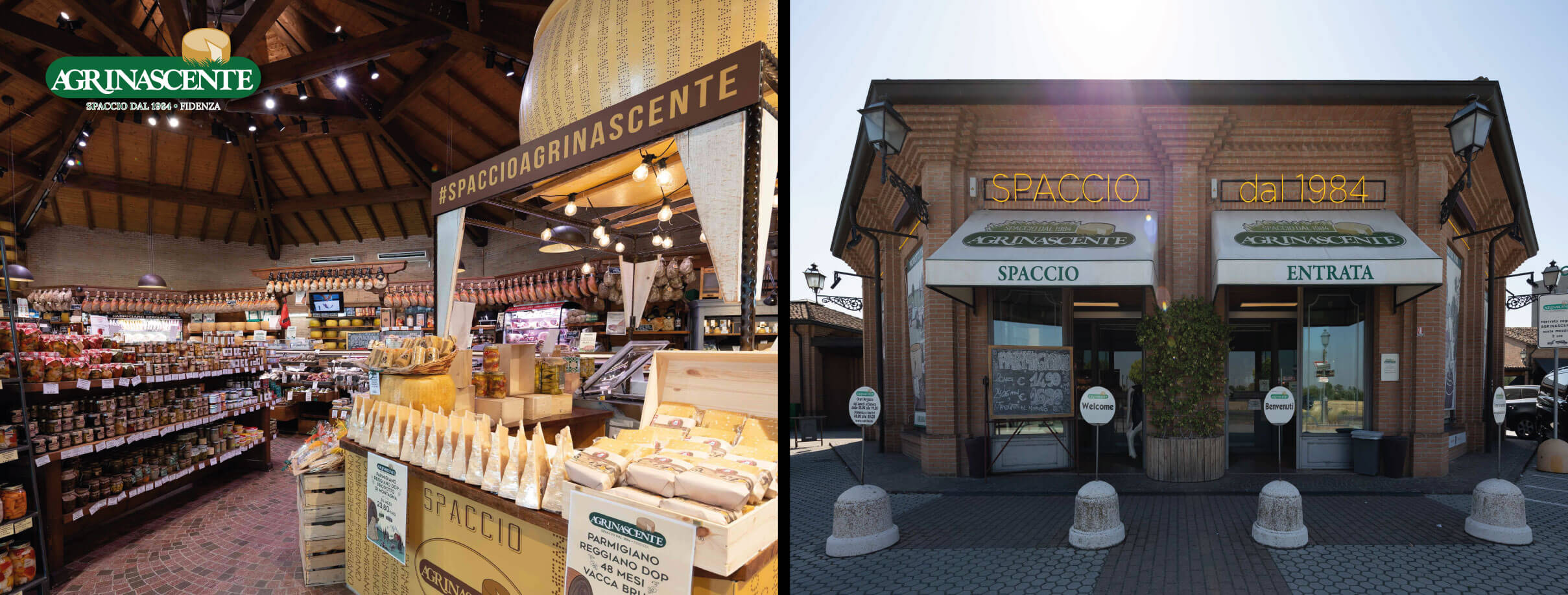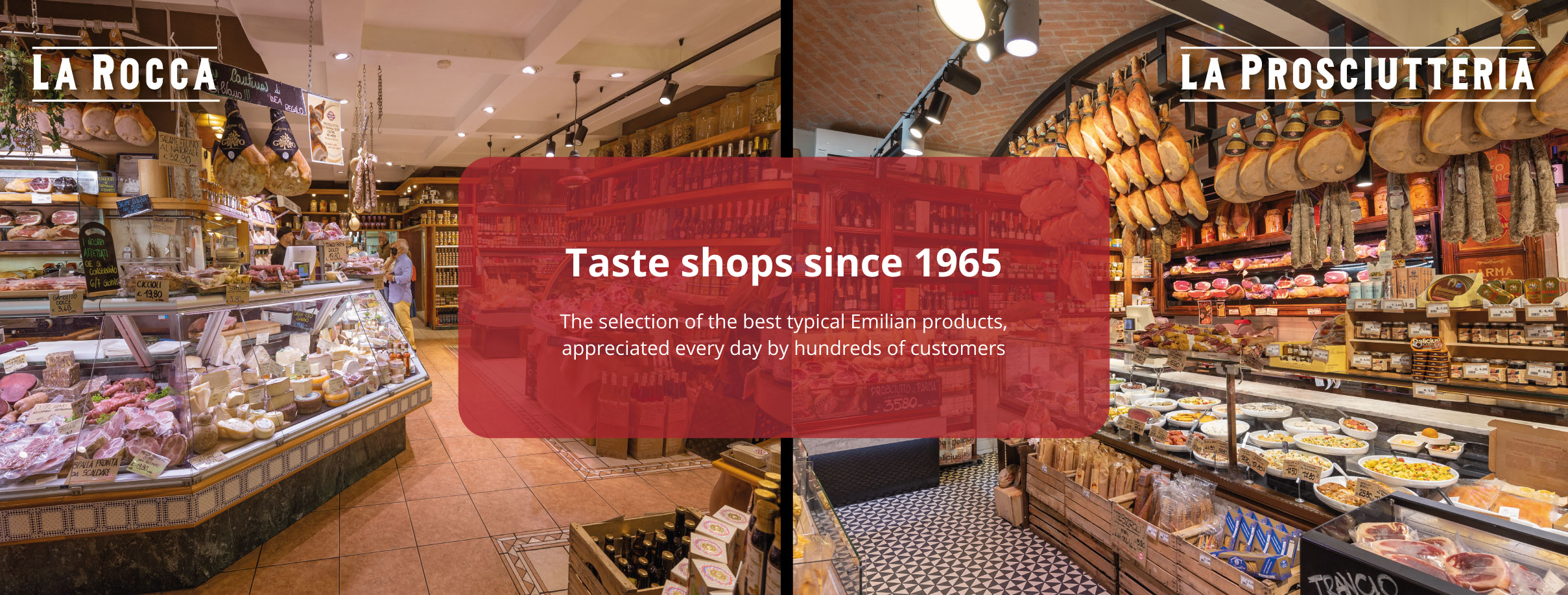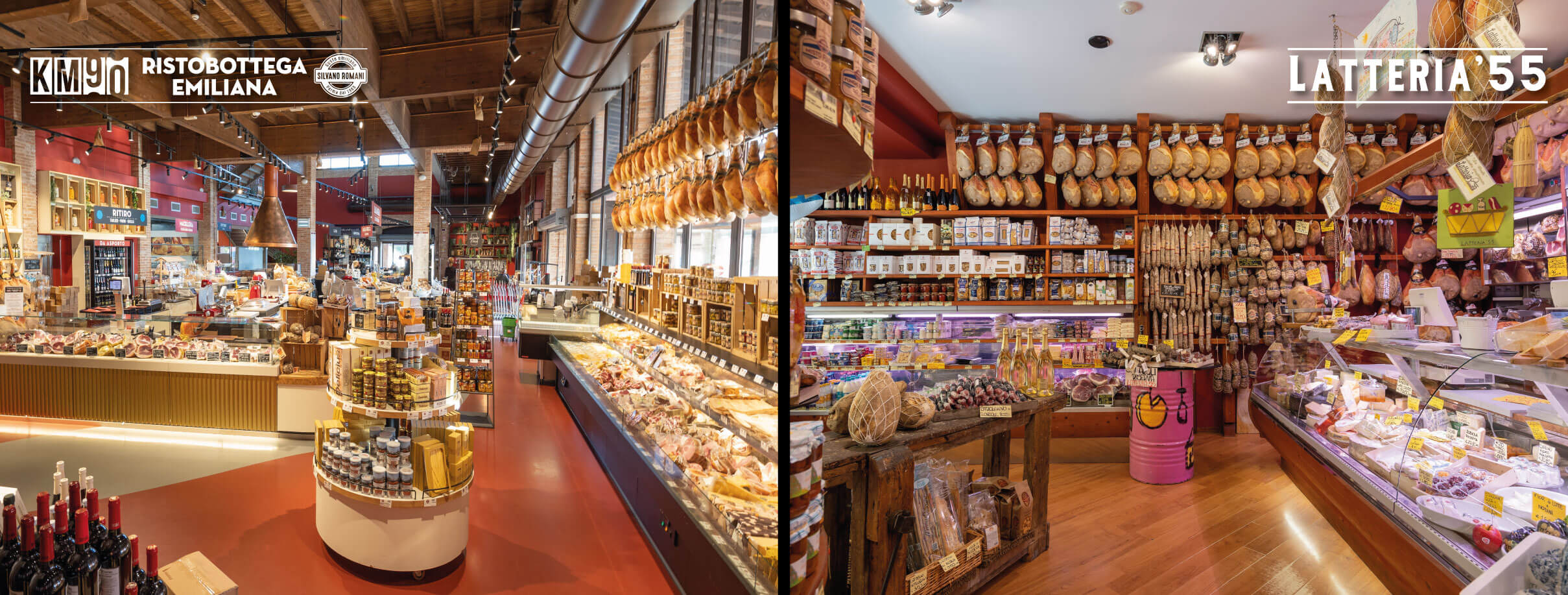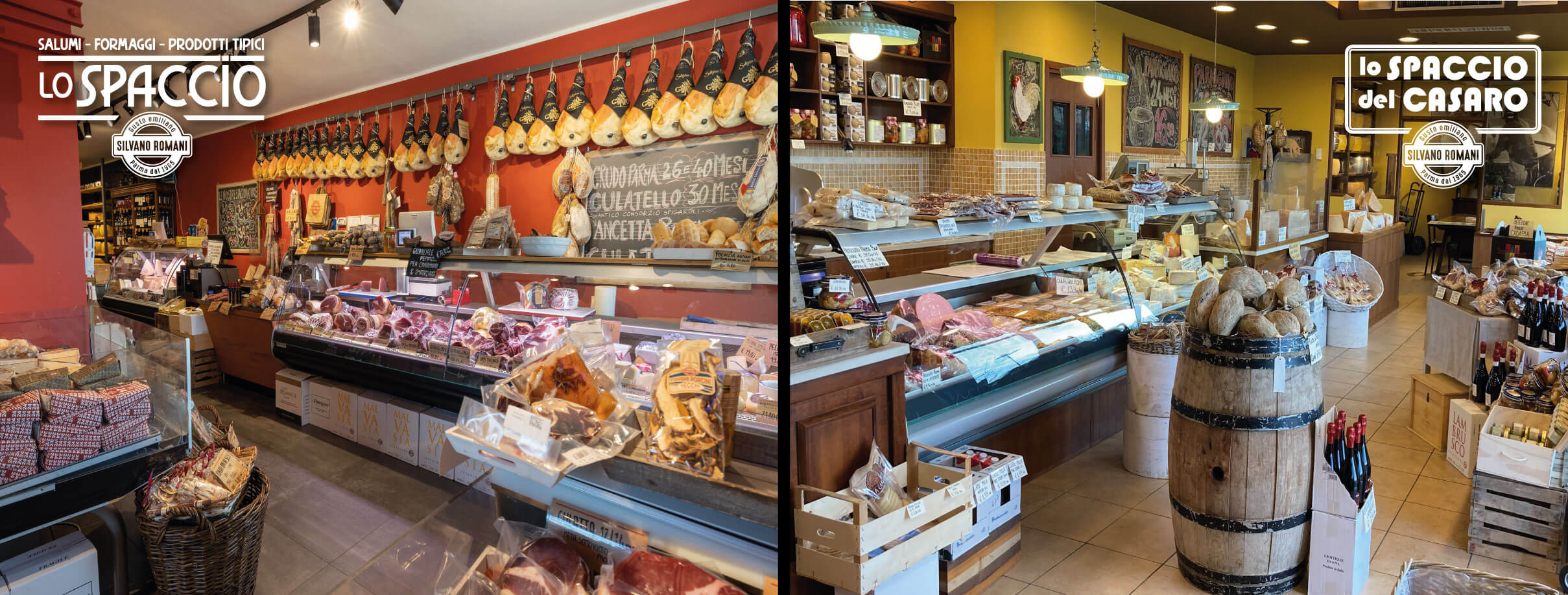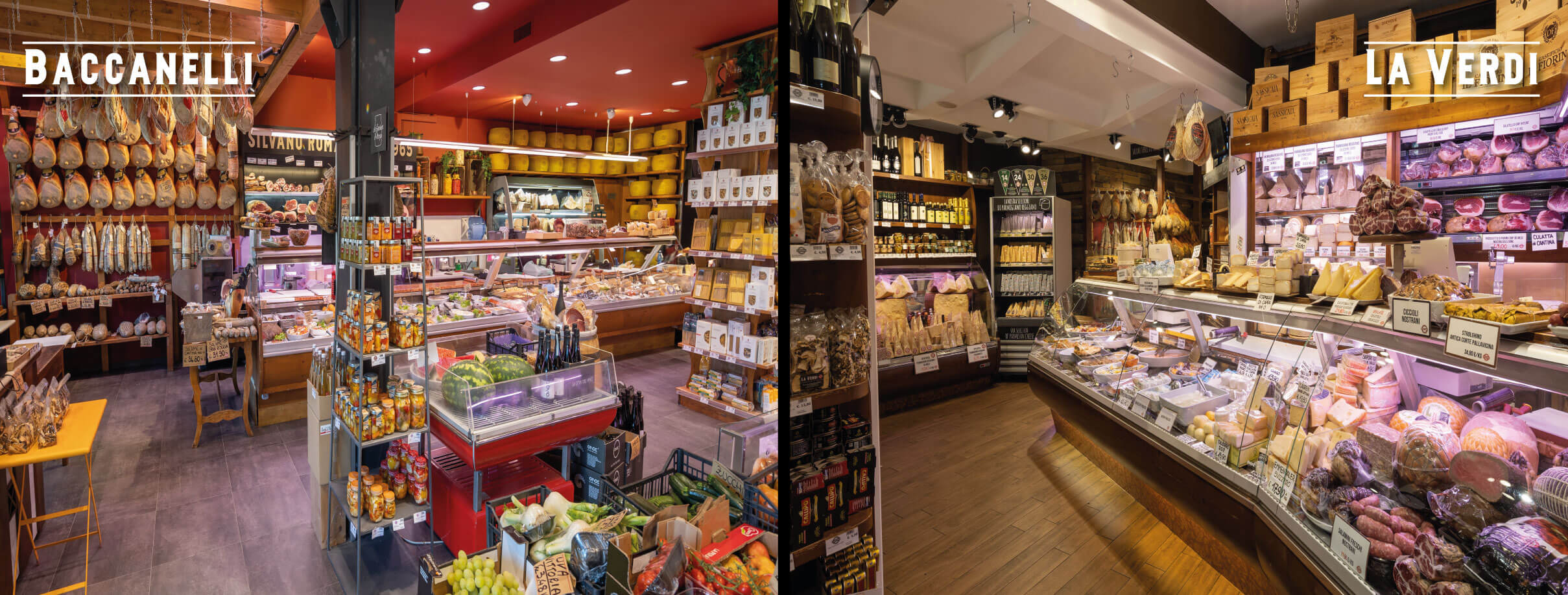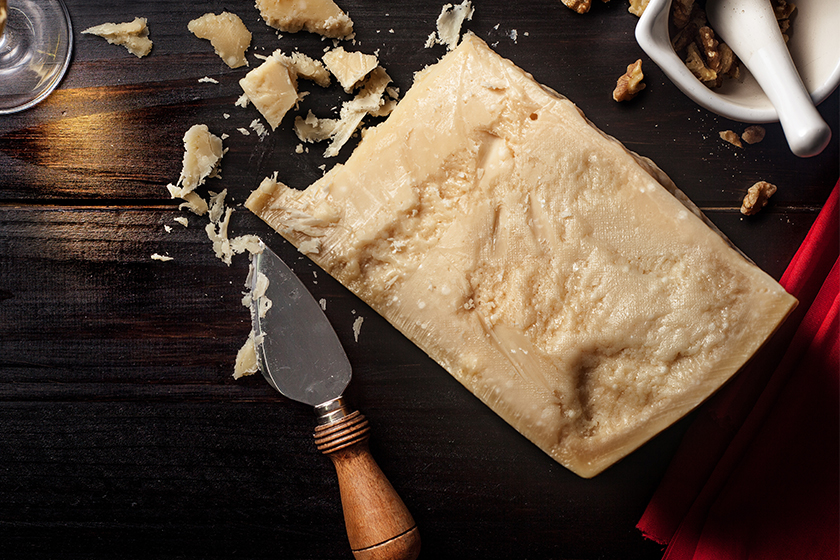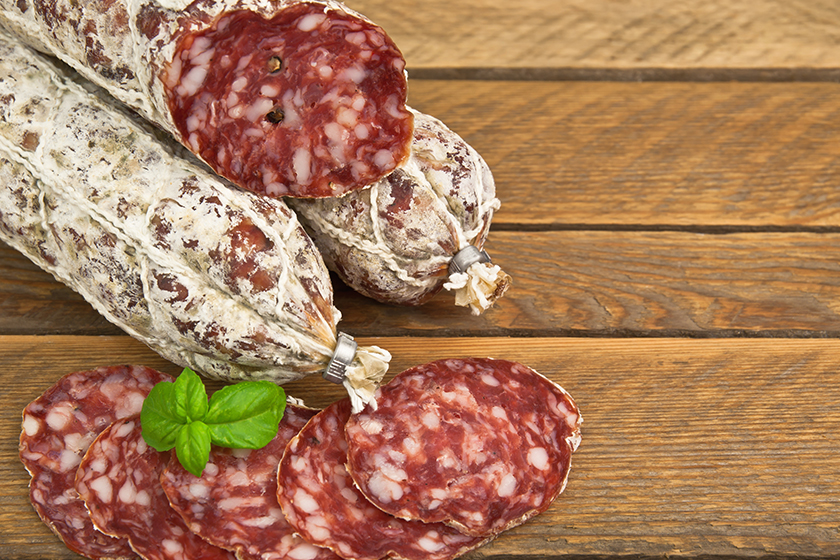Look at the Parmigiano category!
Take time to read the complete article
I'm lactose intolerant, can I eat Parmigiano -Reggiano?
Many people are asking themselves about this question. As we can read from the website of Parmigiano Reggiano Consortium, Parmigiano Reggiano does not contain any lactose or galactose. In this article we will try to explain you better, why Parmigiano-Reggiano is also suitable for those who can not digest milk sugar.
But let's go back to the beginning: what is the lactose?
Lactose is the sugar naturally contained into milk. Lactose intolerance occurs when lactase enzyme, able to separate lactose in glucose and galactose, is missing. This kind of disorder is not an allergy, but a food intolerance provoked by the indigestion of this disaccharide inside milk. Side effects that could be generated are stomachache and diarrhoea, also dependent on the dose of the product that is taking.
It is different if we talk about allergy to milk proteins: this concerns the immune system and can cause both an allergic reaction and symptoms of food poisoning (as migraine, meteorism, reflux, dermatitis, etc). The body's response does not exactly depend on the milk dose taken, because the reaction can also be triggered by small quantities.
Must lactose intolerants avoid every cheese?
No, they must not. Because the lactose is not in all cheese. As stated on AILI (Italian Association Lactose Intolerants), hard cheese and extra-hard cheese can be eaten. Between these, Parmigiano Reggiano PDO 30-36 months matured can be defined "free-lactose", thus also indicated for the intolerants. Why Parmigiano-Reggiano does not contain lactose: it all depends on the long maturing period. In the immediate following hours of the curdling occurs a rapid onset of lactobacilli, that in around 6-8 hours has already converted lactose into lactic acid. Galactose is likewise rapidly metabolised and in a matter of 24-48 hours it is completely disappeared.
So, besides having a level of lactose reduced to zero, Parmigiano Reggiano is even good for those who are obliged to avoid dairy products in their nutrition: just think that 100 grams of Parmigiano cheese provide more than 1300mg of calcium.
Therefore, its regular consumption can help to compensate any shortcomings derived from a diet devoid of milk.
To sum up, longer the maturing of Parmigiano is, fewer risks will run people who suffer of intolerances. It is thus recommended to select a super-aged Parmigiano-Reggiano, matured for at least 30 months or more. Since this article does not pretend to assume a scientif or medical matter, we always still advise to request the opinion of your doctor or specialist.



